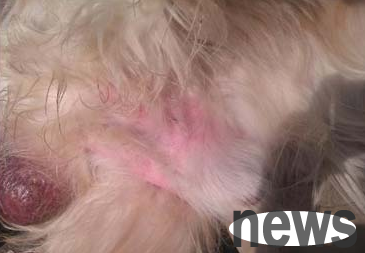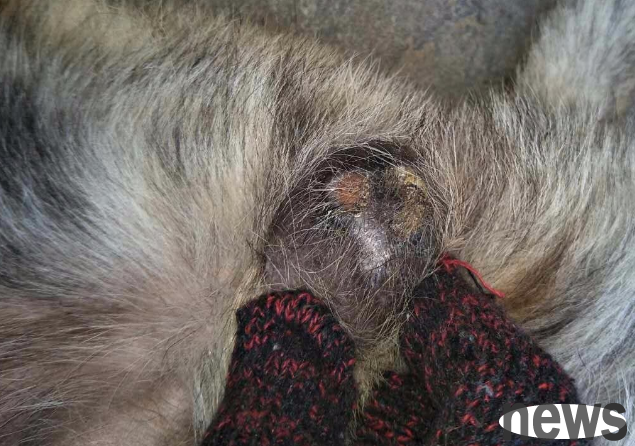The inflammation of the testicles and epididymis in dogs is called orchitis and epididymisitis, respectively. Because their anatomical positions are closely related, they often occur together, so the two are generally introduced together.

1. Cause:
1. The most common cause of acute epididymisitis in canine is infection with Brucella canine.
2. Some mycotic diseases, such as budaplasty and coccidioidosis, can cause granuloma orchitis and epididymisitis.
3. Trauma in the testicles and epididymis can sometimes cause inflammation and infection.
4. In dogs with scrotal pyoderma, frequent licking of the scrotum can lead to bacterial infections in the underlying testicles and epididymis.
5. Canine distemper virus can cause inflammation of both the testicles and epididymis.
2. Clinical symptoms:
1. The characteristics of acute orchitis are: locally heat, pain and swelling, the testicles are firm, and animals may lick the testicles, and may experience general discomfort, fever and loss of appetite.
2. The testicles of chronic granulomatous orchitis are swollen, firm and painless. The testicles may have diffuse macrophage infiltration. Chronic orchitis generally has no systemic symptoms.
3. If the disease course is longer, the testicles will atrophy, fibrosis and become irregular. Adhesions occur between the testicles and the underlying scrotum.
4. The quality of semen has decreased and abnormal sperm has increased significantly. If necessary, a serological test for brucellosis can be performed.

III. Prevention and treatment measures:
1. Treatment of large-dose antibiotic cords in the systemic body of a sick dog. In the event of local infection, local drainage must be performed while systemic treatment.
2. Surgical removal of testicles and epididymis: In affected dogs with Brucella positive, and in affected dogs with severe damage, abscess or necrosis of the testicles, the orchids should be removed.
3. You can wear an Elizabethan ring to prevent dogs from licking.
